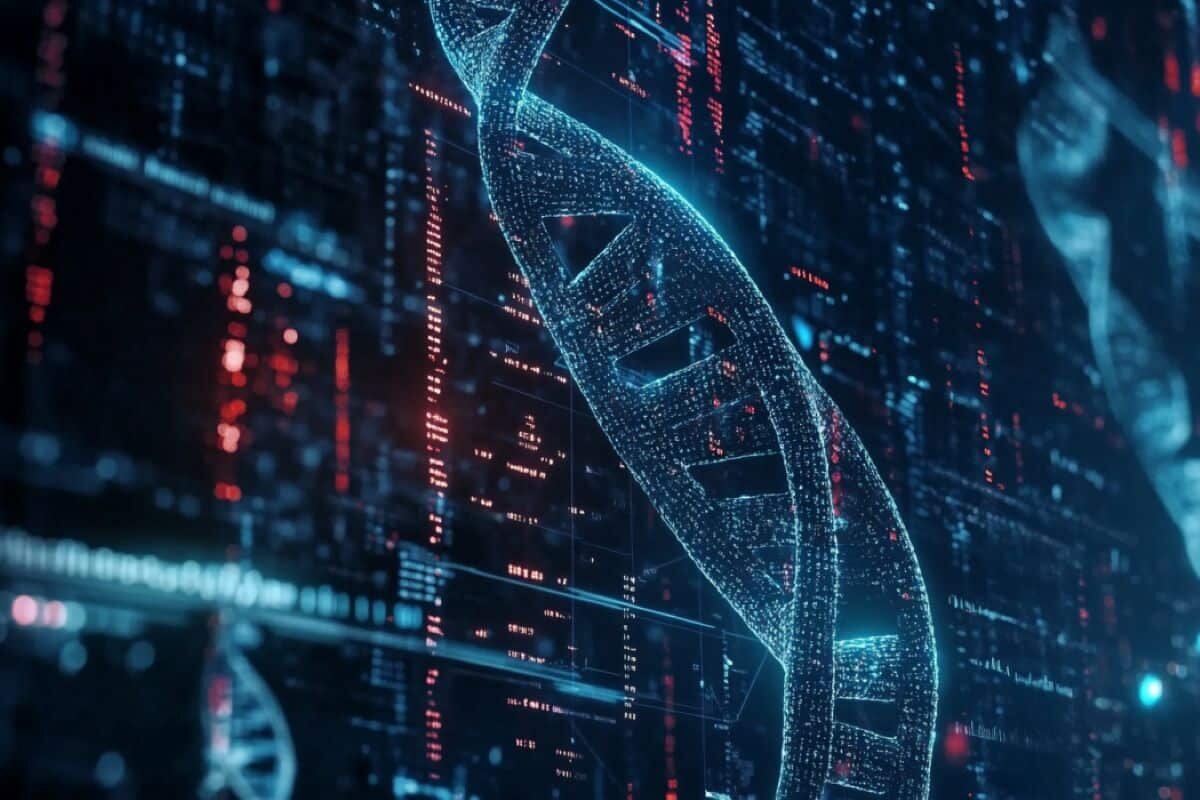From genes to therapy: AI predicts your cancer risk with a DNA swab

TEHRAN - Imagine a world where a simple DNA test, coupled with the power of artificial intelligence (AI), could predict your risk of developing cancer. This isn’t science fiction anymore. Researchers are harnessing the power of AI to analyze genetic data, potentially paving the way for personalized cancer prevention and early detection.
Unlocking the secrets in your DNA
We all carry a unique genetic code, and certain variations, called mutations, can increase the risk of developing cancer. Traditionally, doctors relied on family history to assess cancer risk. But AI is changing the game. By analyzing vast amounts of genetic data from cancer patients and healthy individuals, AI can identify subtle patterns in genes that might be linked to an increased risk of specific cancers.
A personalized risk assessment
This is not a one-size-fits-all approach. AI can analyze your unique genetic makeup and provide a personalized risk assessment for different types of cancer. This information empowers you to work with your doctor to create a proactive plan. Depending on your risk level, this plan might include more frequent screenings, lifestyle modifications to reduce risk factors, or even preventive medications in certain cases.
Early detection saves lives
Cancer detected early is often easier to treat. With an AI-powered risk assessment, individuals with a higher risk can undergo more frequent screenings like mammograms or colonoscopies. This can lead to earlier detection, when the cancer is still in its early stages and treatment is most effective.
Beyond prediction: Paving the way for prevention
The ultimate goal isn’t just predicting cancer, but preventing it altogether. AI can help identify individuals with a high genetic risk who might benefit from preventive measures. This could include lifestyle changes, dietary modifications, or even participation in
clinical trials for promising new cancer prevention drugs.
Challenges and considerations
While exciting, it is important to acknowledge the challenges. Privacy concerns regarding genetic data need to be addressed with robust security measures in place. Additionally, not all cancers have a strong genetic component, and AI is still under development. However, the potential benefits are undeniable.
A new era of personalized cancer care
The future of cancer care lies in personalization. AI-powered genetic analysis is a powerful tool that can empower individuals to take charge of their health. By understanding their own unique risk factors, people can work with their doctors to create a proactive plan for early detection and potentially even prevention. With continued research and responsible use of AI, we can move closer to a future where cancer is no longer a looming threat, but a disease we can manage and even prevent.
Leave a Comment